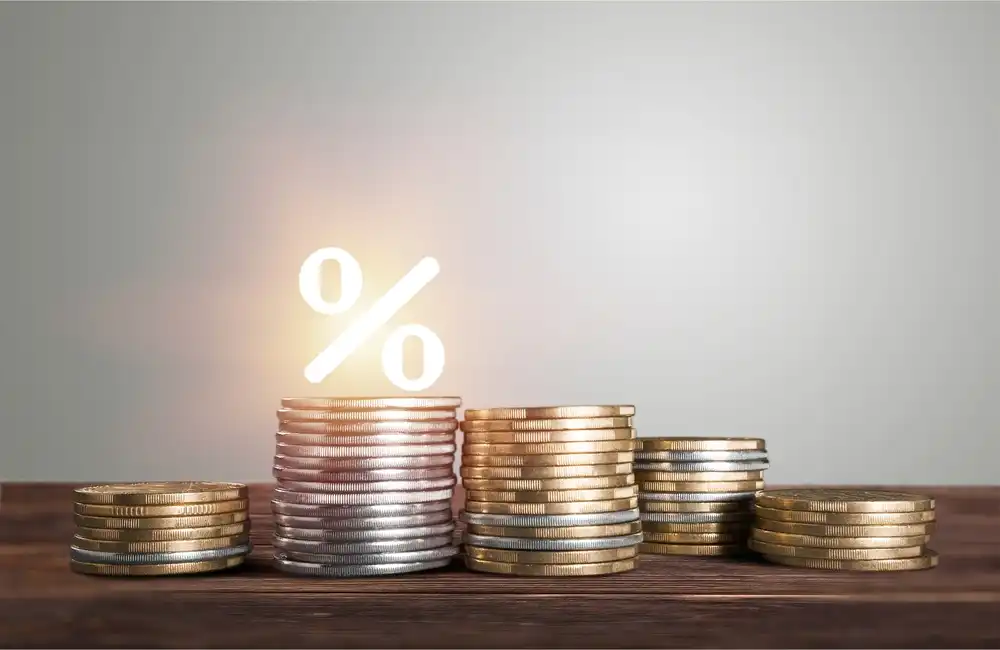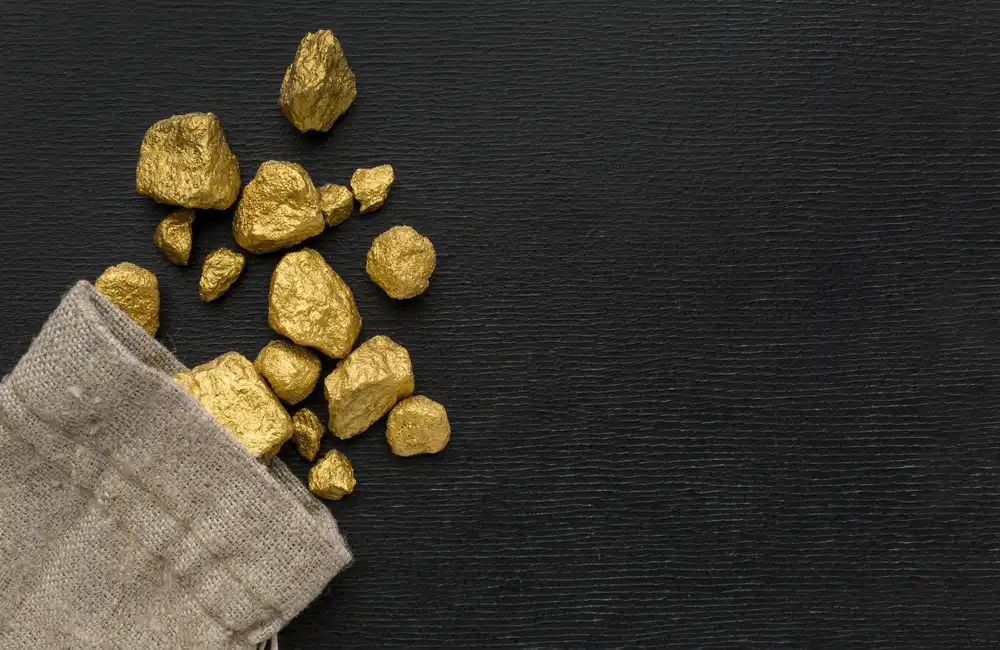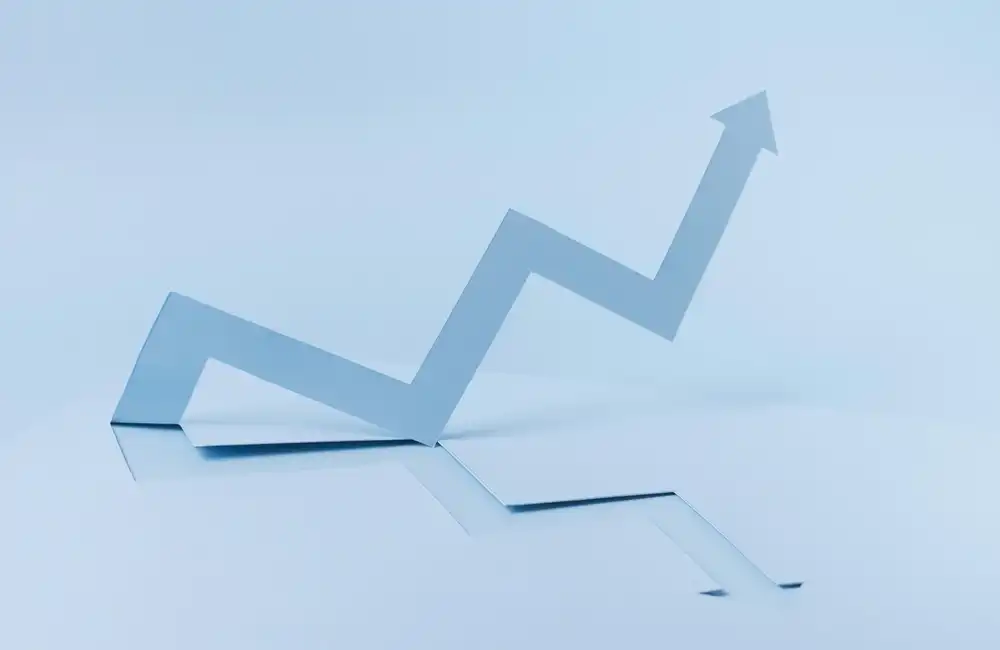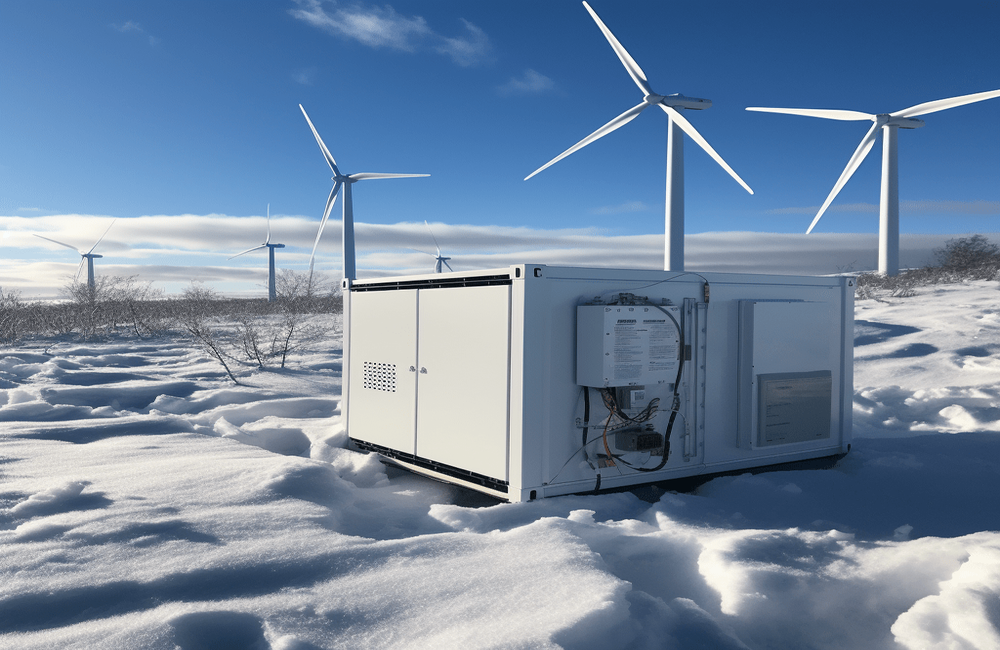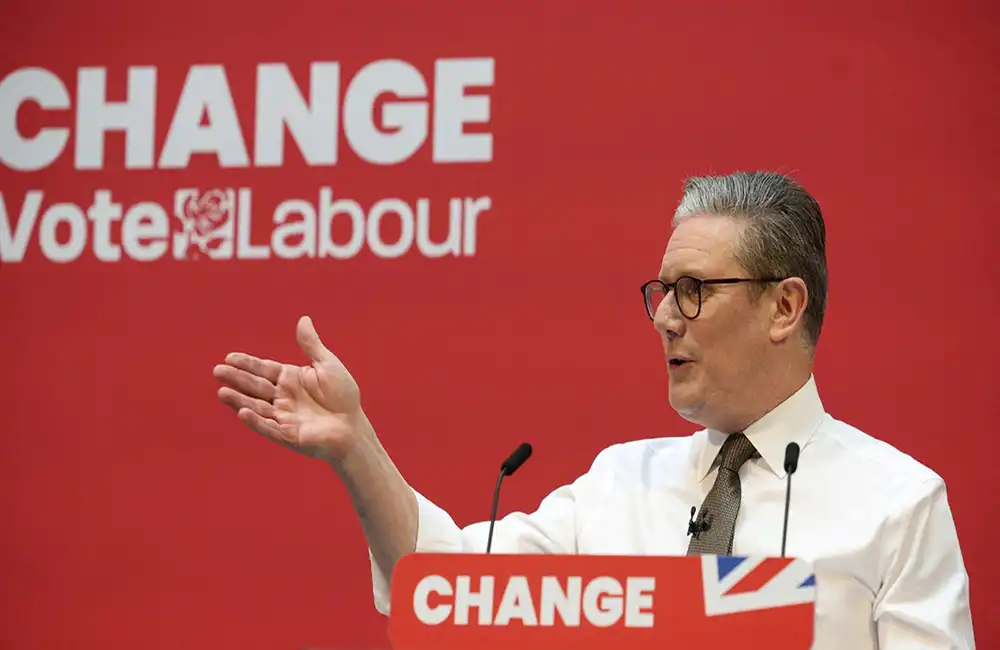With US demand for long-duration energy storage to level out power supplies on the rise, the company is building a battery manufacturing facility in Kingston, New York, and Form Energy has teamed up with Xcel Energy on two multi-day energy storage projects in the Western US.
According to an emailed statement from New York Governor Kathy Hochul, Zinc8 Energy Solutions will move its $68 million manufacturing facility and US headquarters to Kingston, specifically at the former Tech City, IBM Ulster campus, now known as iPark 87 business park.
Zinc8 Energy develops battery technology that uses zinc and air as a fuel, and it has promised to create as many as 500 jobs. The long-duration batteries will assist initiatives to cut greenhouse gas emissions and lessen the effects of climate change, the governor’s office said.
The company's call to Ulster County will also encourage Hochul's recently released plan to accomplish 6 GW of energy storage capacity by 2030, the statement said.
“Zinc8’s cutting-edge, clean energy storage technology is yet another tool that can help us to achieve our ambitious climate agenda and to continue to make New York State a leader in the development of the green economy,” Hochul, a Democrat, said.
Zinc8 is a technology developer and manufacturer of zinc-air long-duration energy storage systems for utilities, commercial and industrial facilities, and remote microgrids. The company’s technology has been developed relying on zinc as the anode fuel, “which is anticipated to present benefits compared to other metals due to its high energy density, high availability, low cost, as well as relative ease of storage and handling,” the governor’s office said.
When the system is powered, the zinc particles react with oxygen taken from the surrounding air, and when the system is recharged, zinc particles are reformed, and oxygen is returned to the ambient air. The regenerative system is not required to replace fuel and “provides scalable energy generation capacity through the straightforward addition of more fuel tanks,” the statement said.
The company has said it will invest about $68 million over five years to develop the site and establish the region as Zinc8’s U.S. headquarters and a “major hub of manufacturing operations, research and development,” the statement said.
Battery capacity will rise across the US for all four markets, with Electric Reliability Council of Texas, California Independent System Operator, New York Independent System Operator and PJM Interconnection markets leading among US markets, with capacity reaching nearly 45 GW by 2027, Insight wrote in the latest US Power Storage Outlook.
Iron-air battery systems
A US-based tech firm developing and bringing to market a new class of multi-day energy storage systems, Form Energy, on Jan. 26 said it had signed agreements with US utility Xcel Energy to deploy its iron-air battery systems at both of Xcel Energy's retiring coal plant sites, an emailed statement said.
This storage technology determines how much low-cost, renewable energy Xcel Energy can integrate into its system while maintaining reliability as it retires the coal plants in the coming years and transitions the utility to a highly renewable future,” the statement said.
As further detailed by the companies, Xcel Energy-Minnesota will install a 10 MW / 1,000 MWh multi-day storage system at its Sherburne County Generating Station in Becker, Minnesota, while Xcel Energy–Colorado will install a 10 MW / 1,000 MWh multi-day storage system at its Comanche Generating Station in Pueblo, Colorado.
They are both expected to go online “as early as 2025” and are subject to regulatory approvals in their respective states, the statement said.
The problem for the power grid markets is that lithium-ion batteries simply cost too much for long-duration applications. Lithium-ion has also been making inroads in replacing lower capacity factor peaking power plants with less than 5% utilization, Form Energy CEO and co-founder Mateo Jaramillo said in a recent interview.
Interest in alternative types of batteries, such as iron-air batteries, has surged as metals used in more widely used battery chemistries have seen volatile pricing. Data shows that lithium carbonate prices have remained above $70,000/mt on a CIF North Asia for the majority of 2022. Prices did not surpass $20,000/mt until September 2021.


